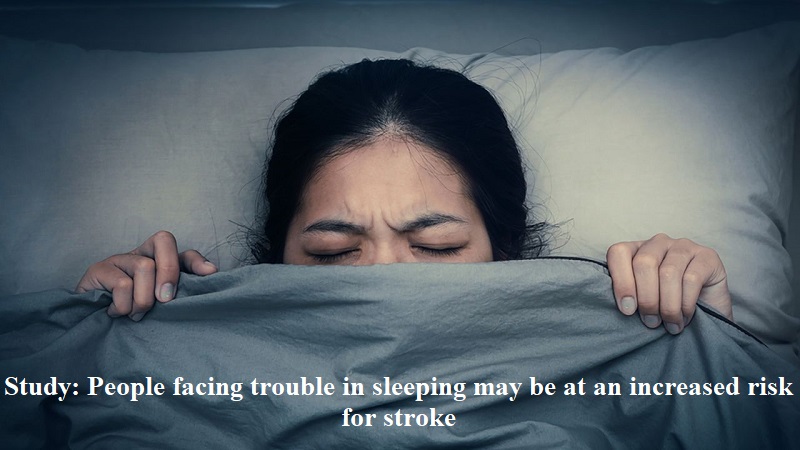
A recent study suggests that individuals experiencing difficulties sleeping, having an irregular sleep cycle, or showing signs of insomnia may be at a higher risk of stroke. This risk is particularly elevated in individuals under the age of 50.
The study examined a group of 31,000 participants with no previous history of stroke over a nine-year period. While the risk of stroke is generally higher in older adults with multiple health problems, the study found that after accounting for other stroke risk factors, individuals with five to eight symptoms of insomnia had a 51% increased risk of stroke compared to those without insomnia. Similarly, individuals with one to four symptoms had a 16% increased risk.
Lead study author Wendemi Sawadogo, an epidemiologist and researcher at Virginia Commonwealth University, emphasized that there are various therapies available to help improve sleep quality. Identifying the specific sleep problems that contribute to an increased risk of stroke could facilitate earlier treatments or behavioral therapies for individuals experiencing sleep difficulties, potentially reducing their risk of stroke later in life.
Another study published in April, which analyzed data from 4,500 individuals, yielded similar results regarding different types of sleep disorders. Participants who consistently slept less than five hours per night, a symptom of insomnia, were three times more likely to experience a stroke compared to those who regularly slept for the recommended minimum of seven hours per night, as advised by the US Centers for Disease Control and Prevention.
Dr. Phyllis Zee, the director of the Center for Circadian and Sleep Medicine at Northwestern University’s Feinberg School of Medicine, explained that poor sleep can hinder the natural dip in blood pressure that occurs during nighttime sleep, contributing to hypertension, a significant risk factor for stroke and cardiovascular disease. Previous population-based research has also highlighted the associations between poor sleep health and conditions such as diabetes, heart disease, and dementia.
The findings of these studies underscore the importance of addressing sleep problems and promoting healthy sleep habits to mitigate the risk of stroke and other adverse health outcomes.

Post Your Comments